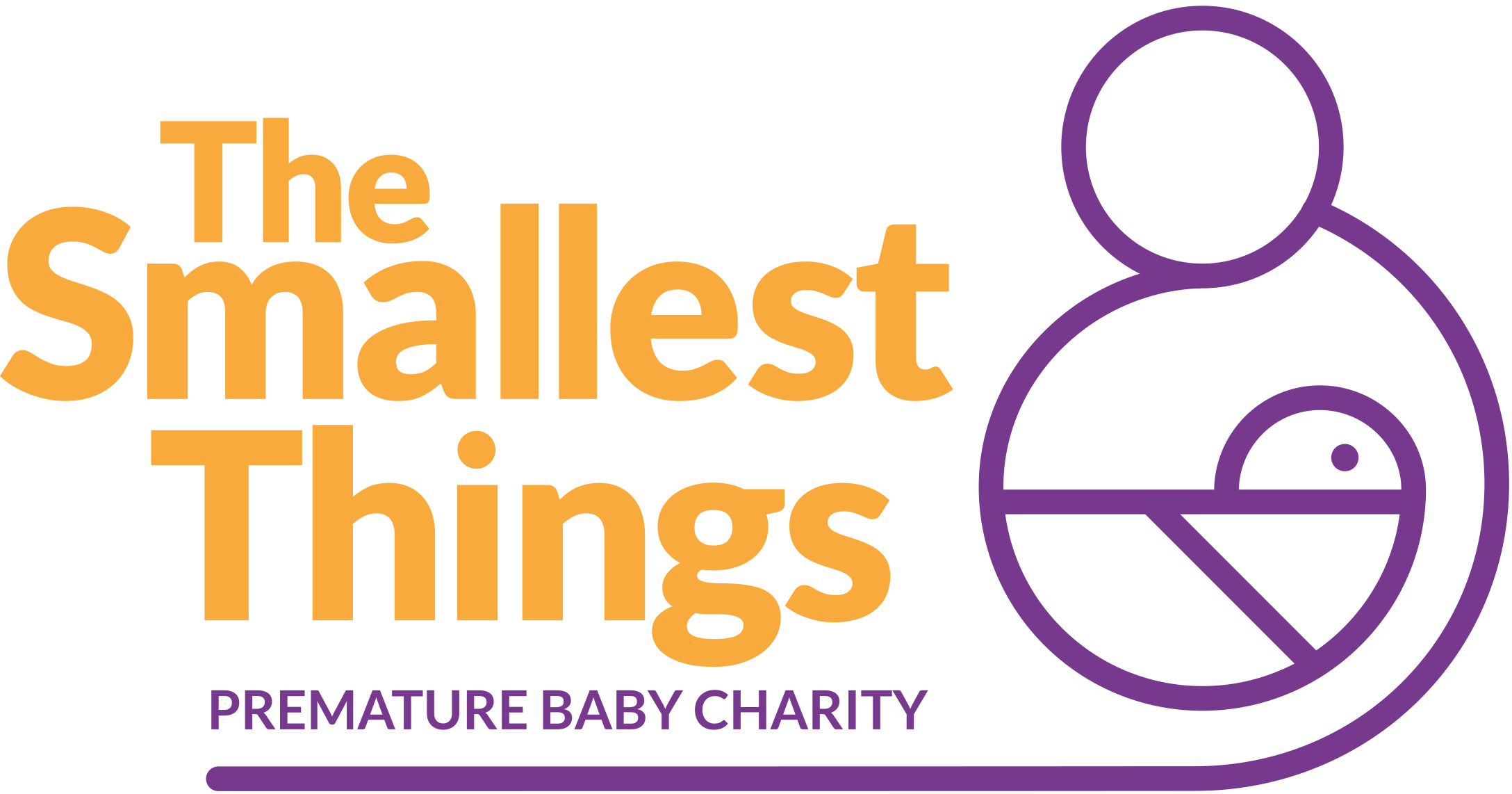World Prematurity Month 2024: Living with perinatal PTSD
Becoming a mother is supposed to be one of life’s most joyful experiences, but my journey was far from what I had imagined. I gave birth to our baby girl Freya at 27 weeks 5 days, and what followed was a whirlwind of fear, uncertainty, and emotional upheaval. What made it even more difficult was my struggle with perinatal PTSD. The combination of these challenges turned what should have been one of the happiest times of my life into a battle for both my baby’s survival and my own mental health.
The shock of premature birth
Emma spent 12 weeks visiting her daughter in NICU
Instead of preparing her nursery or anticipating her arrival, I was faced with the harsh reality of seeing my newborn hooked up to machines in the neonatal intensive care unit (NICU). The sight of my fragile baby in an incubator was overwhelming, and I felt powerless to help her.
It wasn’t just the physical exhaustion from giving birth; it was the emotional toll of not being able to comfort my baby. I felt disconnected from the idea of motherhood, watching nurses take care of her when I just wanted to hold her and tell her everything would be OK.
The onset of perinatal PTSD
As the days in the NICU stretched on, I began experiencing symptoms that I didn’t understand at first. The trauma of my baby’s early birth and constant fear of losing her haunted me, even when I wasn’t at the hospital. I had panic attacks triggered by memories of the birth, flashbacks of that terrifying day, and constant dread about my baby’s survival.
At first, I thought these feelings were just part of adjusting to the shock of having a premature baby. It wasn’t until my symptoms persisted — the nightmares, the anxiety, the emotional numbness — that I realised something deeper was wrong. After speaking to my doctor, I was diagnosed with perinatal PTSD.
Finding support and moving forward
I became good friends with another preemie mum who was in the NICU at the same time as us and connecting with her has been incredibly validating. Knowing that I’m not alone — that other preemie mums struggle with the same fear, guilt, and emotional exhaustion — has given me the strength to keep going.
Motherhood, for me, has been a journey through both pain and joy, but I’ve learned that it’s OK to not have a perfect story. Healing from perinatal PTSD is a process, and I’ve come to accept that my path may look different from others, but that doesn’t make it any less meaningful.
“Perinatal PTSD is a part of my story, but it doesn’t define me as a mother. Instead, it has taught me the value of self-compassion, patience, and the importance of asking for help.”
Helping others
Maternal mental health is a topic that is not talked about enough, particularly when the newborn phase is over and visitors have stopped coming. The ‘baby blues’ can be long-lasting for some mums, regardless of when their baby arrived.
Having spent 12 weeks in NICU, I learnt so much about baby development. At times it was terrifying, but I also found it fascinating seeing a tiny human grow right in front of us.
Now that we are settled into our lives as new parents, I wanted something positive to come out of my experience. That is why I set up my baby and child sleep consultancy, Sleepy Baby Happy Mama, to help sleep-deprived mums improve their child’s sleep and, in turn, help mum feel like herself again and aid her own mental health recovery. By helping others, I am finding the strength to help me too.
Emma’s daughter is now 11 months old (8 months corrected)
Embracing healing and hope
I am still learning to balance my emotions, but I feel stronger. Being a mum to a premature baby has shown me a level of resilience I never knew I had. Perinatal PTSD is a part of my story, but it doesn’t define me as a mother. Instead, it has taught me the value of self-compassion, patience, and the importance of asking for help.
Every day is a step forward, and I’ve come to realise that motherhood is not just about the beginning — it’s about the journey.
Thanks to Emma for sharing Freya’s story.



